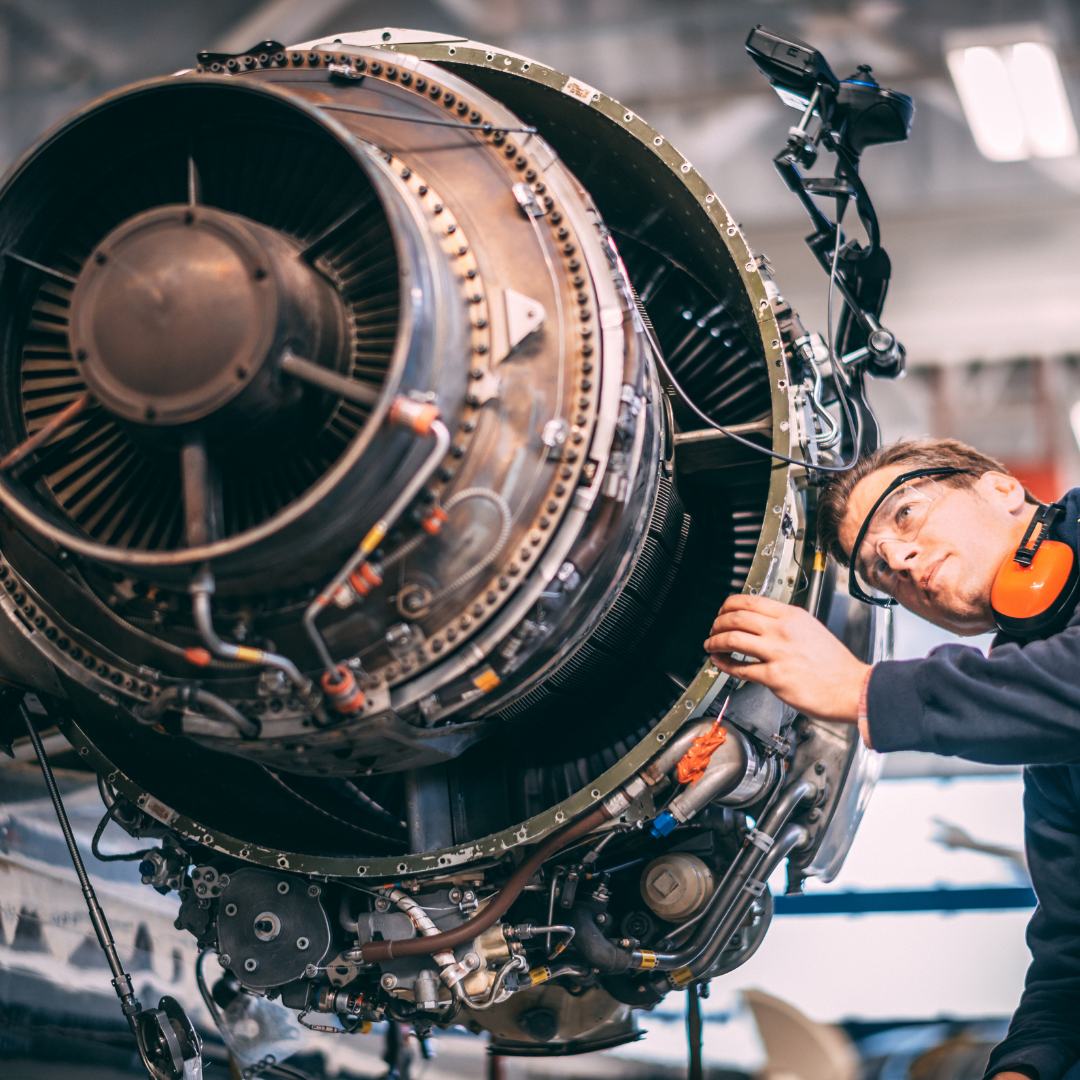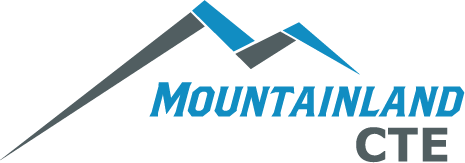
 AIRCRAFT SERVICE TECHNICIAN: Aircraft service technicians conduct preventive maintenance and diagnose, repair, install, or replace components related to airframes and engines. They operate in diverse settings such as hangars, flight lines, or repair shops, utilizing a range of hand and power tools alongside advanced testing equipment. The work environment may involve high noise levels, and flight line technicians may work outdoors in various weather conditions. The job can be physically demanding, requiring technicians to perform strenuous tasks. While maintaining flight schedules or minimizing inconvenience to customers is essential and often involves working under pressure, technicians are expected to uphold rigorous standards of workmanship throughout the process.
AIRCRAFT SERVICE TECHNICIAN: Aircraft service technicians conduct preventive maintenance and diagnose, repair, install, or replace components related to airframes and engines. They operate in diverse settings such as hangars, flight lines, or repair shops, utilizing a range of hand and power tools alongside advanced testing equipment. The work environment may involve high noise levels, and flight line technicians may work outdoors in various weather conditions. The job can be physically demanding, requiring technicians to perform strenuous tasks. While maintaining flight schedules or minimizing inconvenience to customers is essential and often involves working under pressure, technicians are expected to uphold rigorous standards of workmanship throughout the process.
Have you considered?
DIESEL SERVICE TECHNICIAN: Diesel service technicians specialize in the maintenance and repair of large commercial vehicles, predominantly diesel-powered, such as semi-trucks and buses. Their responsibilities encompass inspecting various vehicle components, including brake systems, steering mechanisms, transmissions, and engines. They are tasked with repairing or replacing defective parts and conducting routine maintenance activities like changing oil, checking fluid levels, and rotating tires. Additionally, diesel service technicians are skilled in working on electrical and exhaust systems. Employment opportunities for these technicians are commonly found in transportation companies, public transit groups, or government agencies.
SMALL-ENGINE DIESEL TECHNICIAN: Small-engine diesel technicians specialize in working on various sizes and types of diesel engines commonly found in off-road vehicles and power equipment, including camping generators, garden tractors, snowmobiles, motorboats, and dirt bikes. Their job responsibilities typically involve discussing equipment issues and maintenance plans with customers, performing routine engine maintenance such as lubricating parts and replacing spark plugs, repairing or replacing broken parts, re-installing components and engines after repairs, and adjusting components based on desired specifications. Small-engine diesel technicians commonly find employment in repair shops.

Aerospace/Aviation Technology-Aviation Maintenance Programs aim to equip students with the knowledge and skills needed for a career in the maintenance and repair of diverse aircraft. The program is structured to provide the necessary expertise to pass the Federal Aviation Administration (FAA) written, oral, and practical examinations for an airframe and power plant (A&P) mechanics license. Most aircraft mechanics acquire their skills through a two- or four-year professional technical school program, earning an associate or bachelor's degree. The curriculum covers turbine engines, aviation electronics, and hands-on experience with tools and equipment. FAA certification requires attendance at an accredited school. Work experience is a vital component, with the FAA mandating 18 months for aircraft mechanic certification and 30 months for an airframe and power plant (A&P) certificate. In some cases, a degree from a training program may be substituted for work experience. On-the-job training is another pathway, typically lasting two years or more, although individuals with prior experience undergo shorter on-the-job training. Military training is an alternative route, where the military provides three to 17 weeks of training for aircraft mechanics and 18 to 25 weeks for avionics technicians. While military experience may fulfill FAA certification requirements, many opt for additional training at a professional technical school due to the specialized nature of military training.
The ideal diesel technician possesses attention to detail, communication skills, technical knowledge, problem-solving abilities, and a drive to succeed, ensuring success in this dynamic and growing industry. The evolving nature of technology emphasizes the importance of education in this field. To become a diesel technician, individuals can start their training through programs like those offered at Mountainland Technical College or UVU Diesel Technology programs. High school students can take automotive, welding, and diesel technology classes and receive concurrent enrollment credit or enroll at MTECH while still in high school. While on-the-job experience and apprenticeships are viable paths, attending a school can provide industry-specific skills in a shorter timeframe and prepare for ASE examinations. Educational requirements vary among employers, but having a high school diploma or GED is essential. Diesel technicians often take additional steps, such as completing training programs, gaining manufacturer-specific training, and earning ASE certification.
Earning Potential Averages For Aircraft Service Technicians: (Jobs.Utah.Gov)
|
US Annual Total Openings: |
3,010 |
|---|---|
|
Annual Growth Rate: |
6.08% |
|
Median Annual Wage: |
$67,580 |
|
Education: |
Certificate, Apprenticeship, or Associate Degree |
Earning Potential Averages For Diesel Service Technicians: (Jobs.Utah.Gov)
|
US Annual Total Openings: |
7,690 |
|---|---|
|
Annual Growth Rate: |
3.93% |
|
Median Annual Wage: |
$55,770 |
|
Education: |
Certificate, Apprenticeship, or Associate Degree |


